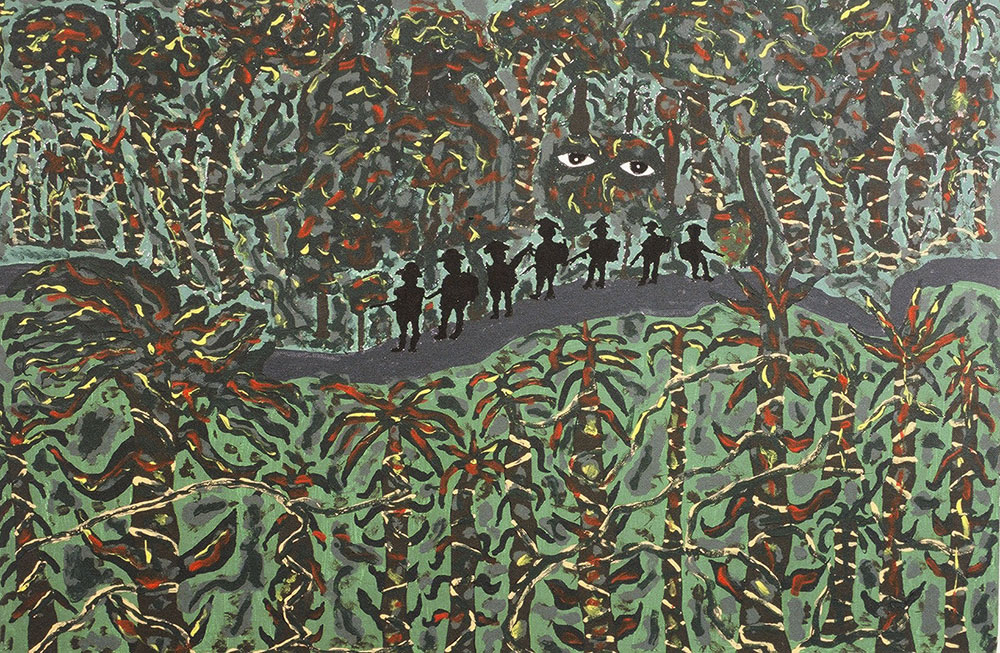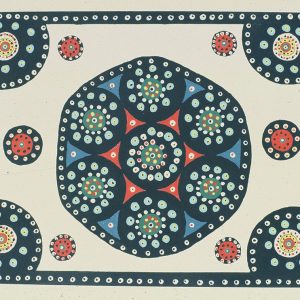Art Therapy: An Introduction Part 1
$200.00
Builds on an innate ability to use expressive art techniques with individuals and groups. Includes experiential workshop demonstration, and theoretical concepts. Artistic skills are not required. A basic tool kit is provided.
Course Description
This is an experiential workshop that introduces the use of art in both mental health and community welfare settings. Art therapy is most effective when the therapist can offer the client, family or group a beneficial opportunity to express thoughts or feelings through a less-verbal form of language. Such situations may be as a result of trauma or loss, or where the cause is not yet known but physical or emotional difficulties are evident. Art holds an inherent ability to heal. The workshop demonstrates ways to facilitate innate urges to seek creative expression. Communication through art is effective for indigenous cultures, and can assist biological illness treatment and sometimes recovery, such as cancer, brain injury or other physical and intellectual disabilities. Art is used effectively with all age groups, to describe multi-cultural perspectives or belief systems; to address addiction; to explore family sub-systems, and to bridge generational barriers. The process of making artwork can be therapeutic in itself, where no further explanation is necessary. It can also be used when life challenges seek expression, to verbally explore symbolic content. This can lead to personal insight, understanding and self-awareness.
Experiential learning introduces ways to facilitate a respectful, safe exploration of the artwork and demonstrates the potential of art activity as a means of non-verbal communication and self-expression. The creative process is given theoretical context in terms of work practice and professional information is provided, including availability of resources, a literature review and further training options. All participants receive an art kit as a practice resource.
Artistic skills are not required to benefit from this training.
Learning Outcomes
Participants will have the opportunity to:
• Understand the creative process as a means of fostering self-awareness and personal growth;
• Learn how to process artwork safely;
• Enhance skills in non-verbal therapy;
Target
Therapists, counsellors, artists, educators, child care/early childhood workers or anyone interested in working with art. People who are considering a career in art therapy.
Description
PRESENTER PROFILE
Annette Coulter is a Registered Art Psychotherapist, Director of the Centre for Art Psychotherapy and coordinator of the Adolescent and Family Counselling Service in the upper Blue Mountains. She completed post-graduate clinical art therapy and art education in the UK. Further training includes child and adolescent psychoanalytic psychotherapy, family therapy, group work and sandplay. She provides consultation, clinical supervision and customised training and helped pioneer art therapy in academic and clinical settings in UK, Australia and South-east Asia. She is a published author on art therapy with trauma, couples, children and adolescents.


Reviews
There are no reviews yet.